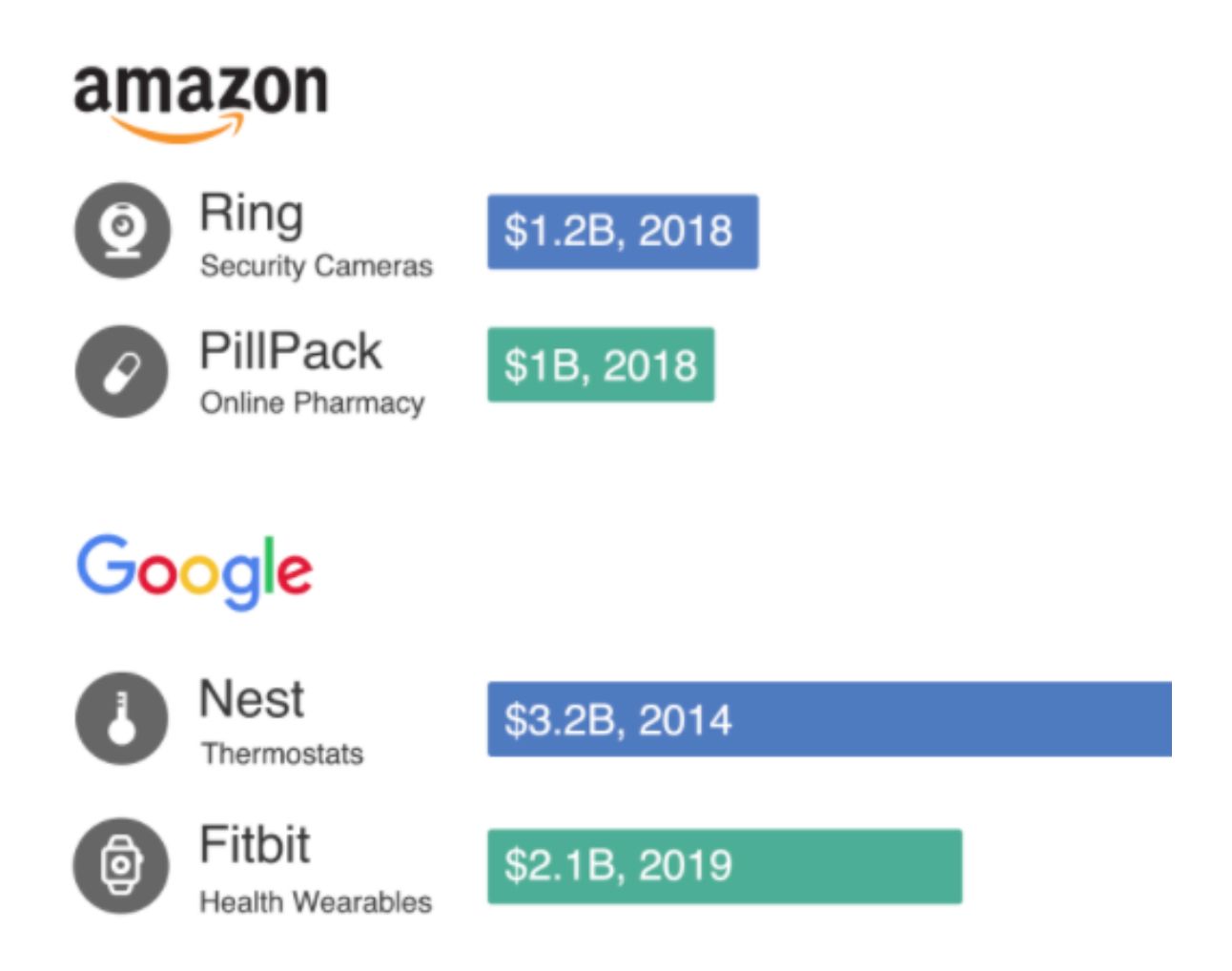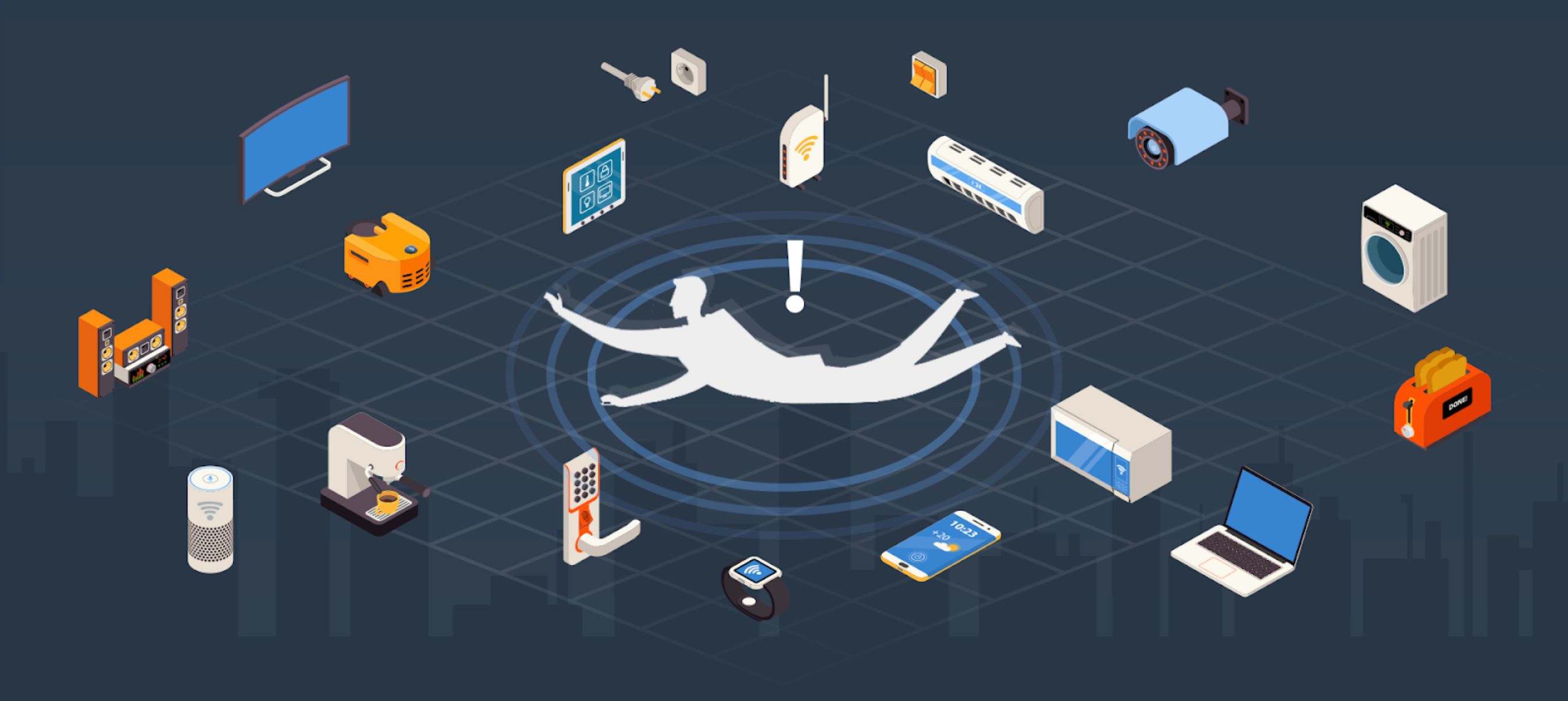It’s no secret that tech giants have long collected, analyzed, and sold users’ data for profit – a strategy now commonly referred to as “surveillance capitalism”. As detailed by privacy pioneer, Dr. Shoshana Zuboff, the origins of this phenomenon date back to Google in 2001, where, in an effort to boost profits and survive the dotcom bust, Google began running simulations on private data to predict user behavior and maximize click-through rates.
This was wildly profitable for Google, driving a 3,590% increase in revenue from 2001-2004 and culminating in a $1 (0h 4m).9 billion IPO in 2004. Surveillance capitalism was officially born.
Almost two decades later, unmasking private user data, manipulating user behavior, and profiting at the expense of user privacy is the lifeblood of many corporations. As the world becomes more digital, the amount of data that surveillance capitalists jam into their algorithms is skyrocketing, enabling corporations to know us better than we know ourselves.
According to the EFF, Google controls 62% of mobile browsers, 69% of desktop browsers, and 92% of internet searches worldwide. Google also knows who you email (Gmail), where you go (Maps), what you watch (YouTube), and much more.
All data across all products is then compiled into a new, highly profitable product: “digital profiles” of users, just like you.
Tech giants are now expanding into new industries to supplement these digital profiles with real world data. Information from our at-home lives is a honey pot for surveillance capitalists, who know: if a picture is worth a thousand words, then a recorded conversation is worth a thousand keystrokes.
Smart speakers and security cameras are now the eyes and ears of our smart homes, and Big Tech is watching.
BILLION DOLLAR DATA ACQUISITIONS
Over the past decade, Amazon, Apple, Facebook, Google, and Microsoft made over 500 acquisitions worth trillions of dollars. Although it is common for corporations to acquire companies for new users, four recent acquisitions by Amazon and Google illuminate a new strategy to acquire companies for new data.
In the past two years, Google bought FitBit for $2 (0h 8m).1B along with the health data of its 28 million users, while Amazon spent $1 (0h 4m)B to acquire PillPack, an online pharmacy with medical information of millions of users.
With access to this new trove of health data, including fitness activity, heart rate, and prescriptions, Amazon and Google are taking an inside look into our bodies.
This data acquisition strategy also involves our homes, as evidenced by Amazon and Google’s purchase of Ring and Nest for $1 (0h 4m).2B and $3 (0h 12m).2B, respectively.
Ring and Nest began as camera and thermostat makers, but have now expanded to locks, motion sensors, smoke alarms, and more. Behind the façade of these acquired smart home brands, Amazon and Google have effectively entered the living rooms of millions of people worldwide.
How they will use our health and home data is a black box, but one thing is for sure: it will not remain private. After all, privacy is the single largest existential threat to surveillance capitalists.
PATENT PENDING: SIGNALING THE FUTURE
To complement their new acquisitions, Amazon and Google are also investing heavily in patents. While patents offer insight into a company’s mindset, they are not always indicative of a company’s future plans. In the case of Amazon, let’s hope that is true.
In 2018, Amazon patented a new feature for its virtual assistant Alexa, which is built-in to their vast line of at-home smart speakers and on-the-go wearables.
The patent suggests Alexa will be able to auto-detect your emotions based on your speech patterns and use this information to suggest things to do, watch, or purchase.
The patent shares an example scenario where a woman is sniffling while speaking; after deciphering the user is ill, Alexa suggests a chicken soup recipe for her cold and offers to order cough drops on Amazon. This is not based on what the user said, but how she said it – Alexa really knows you.
What Amazon really wants is not just access to your data, but control of your home.
Several other patents, such as automatic environment sensing and policy enforcement, show Amazon’s desire to control our data, devices, and ultimately our homes.
But this is just the tip of the iceberg; in 2019, Amazon submitted a patent for an “unmanned aerial vehicle (UAV) that performs surveillance at a property defined by a geofence”. In other words, Amazon’s very own surveillance-as-a-service, which would extend their reach further into our neighborhoods.
We cannot wait until these issues are sufficiently understood by lawmakers to protect our privacy. As history has shown, the capitalistic tendencies of Big Tech will only grow – as they creep slowly into our homes and neighborhoods, we must push back and take control of our data and privacy before it is too late.
About IoTeX
Founded as an open source platform in 2017, IoTeX is building the Internet of Trusted Things, an open ecosystem where all “things” — humans, machines, businesses, and DApps — can interact with trust and privacy. Backed by a global team of 30+ top research scientists and engineers, IoTeX combines blockchain, secure hardware, and confidential computing to enable next-gen IoT devices, networks, and economies. IoTeX will empower the future decentralized economy by “connecting the physical world, block by block”.
Learn more: Website | Twitter | Telegram | Medium | Reddit





No comments:
Post a Comment